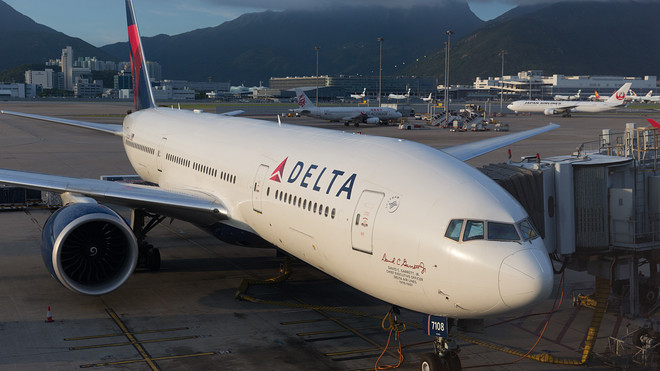American Airlines AAL, -1.98% has come under scrutiny for its decision not to block the middle seats on flights in the name of preventing coronavirus transmission — but many other airlines have taken this same stance.
The carrier announced last week that starting Wed., July 1, it would resume booking flights to full capacity.
Previously, the airline had said it would limit its flights to 85% capacity and block certain seats to ensure social distancing onboard its aircraft. Moving forward, passengers will be alerted if their flight is going to be crowded and be given the opportunity to switch flights free of charge.
Aside from American, other airlines that aren’t capping flight capacity or blocking seats include United UAL, -0.46%, Allegiant ALGT, -0.84%, Spirit SAVE, -0.39% and Sun Country.
The move has drawn criticism from public-health experts. “We don’t think it’s the right message,” Robert Redfield, the director of the Centers for Disease Control and Prevention, testified during a Senate committee hearing on Tuesday. “It’s really important that individuals, whether [they’re in] a bus or a train or a plane, are social distancing to the degree that’s feasible.”

Delta is one of only a few U.S. airlines to block middle seats on its flights to promote more social distancing onboard aircraft during the coronavirus pandemic.
Getty Images
During that same hearing, Anthony Fauci, the director of the National Institute of Allergy and Infectious Diseases, said the policy change at American “is something that is of concern.” Both Fauci and Redfield made the comments in response to a question from Sen. Bernie Sanders (I-Vt.), who asked why the government wasn’t working to stop “that type of activity.”
An American Airlines spokesperson said the company was “unwavering” in its commitment to safety. “We know our customers are placing their trust in us to make every aspect of their journey safe, and we are committed to doing just that,” the spokesperson said in an email.
“We have multiple layers of protection in place for those who fly with us, including required face coverings, enhanced cleaning procedures, and a pre-flight COVID-19 symptom checklist — and we’re providing additional flexibility for customers to change their travel plans, as well,” the spokesperson added.
“ Three other airlines made moves to reduce capacity: Alaska Airlines, Frontier Airlines and Southwest. ”
American Airlines is not alone in its stance. In fact, only three U.S.-based airlines — Delta DAL, -1.24%, Hawaiian HA, -1.92% and JetBlue JBLU, -2.11% — have blocked the middle seats completely on their domestic flights, reducing the capacity on their aircraft substantially.
Three other airlines have made moves to reduce capacity.
Alaska Airlines ALK, -1.54% blocks “select” seats.
Frontier Airlines blocks 20 of its middle seats per flight to give customers the option to purchase a seat that will be more socially distanced. On one of the airline’s typical aircraft, one in five seats have a guaranteed empty middle seat next to them. “This is a confirmed measure we take on every flight — not a ‘we’ll make a best effort’ scenario,” Jennifer de la Cruz, Frontier’s director of corporate communications, told MarketWatch in an email.
Southwest Airlines LUV, -1.08% has committed that none of its flights will be booked more than two-thirds full through Sept. 30. Southwest does not assign seats, though, so middle seats remain open, but passengers are encouraged to socially distance as much as possible when they board.
But experts have also questioned the efficacy of social distancing on planes as an approach to curb the transmission of the virus that causes COVID-19 on airplanes. To reduce the probability of exposure to a very low level, “you would need to make the seating density so low that it would be impractical to operate an aircraft economically,” Byron Jones, an engineer and professor at Kansas State University, told lawmakers during a hearing last week before the House of Representatives Subcommittee on Space and Aeronautics.











